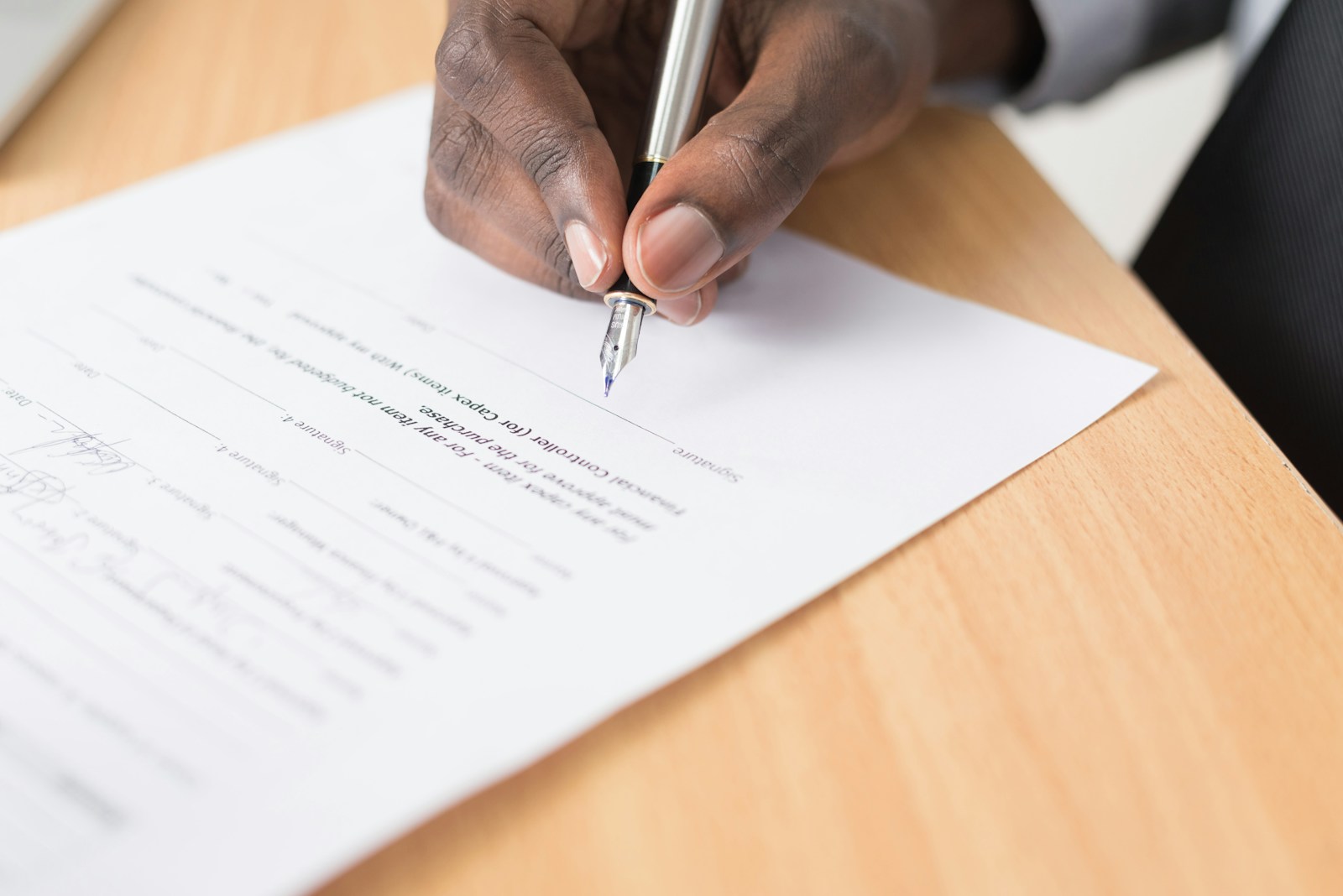Handling a Legal Notice from Novex Communications or Other Music Licensing Companies for your Corporate Events

Music licensing companies like Novex Communications and others are responsible for protecting the copyrights of music labels and artists. Corporate events, such as conferences, product launches, seminars, and company celebrations, often use music, which can lead to copyright-related issues if proper licenses are not obtained. Here’s a comprehensive guide to handling such situations when a legal notice is received for a corporate event:
Table of Contents
1. Understand the Legal Notice
- Nature of Allegations: Claims usually involve unauthorized use of music or failure to obtain a proper license.
- Details Provided: Review the event specifics: the date, location, type of music used, and how the music was incorporated into the event.
- Demand Made: Novex or other music licensing bodies may demand compensation for copyright infringement, retroactive licensing fees, or even a public apology depending on the severity of the infringement.
2. Initial Actions
- Do Not Ignore: Ignoring the legal notice can lead to escalation and potential litigation.
- Gather Evidence: Collect all records related to the event, including promotional materials, event schedules, music playlists, and communications with vendors or partners who provided the music.
3. Engage Legal Counsel
- Consult with a lawyer experienced in intellectual property (IP) or copyright law. Ensure they have experience handling corporate event-related copyright issues.
- Provide them with: A copy of the legal notice, Event details, such as invitations, schedules, and attendance list and any correspondence or agreements with music providers or licensing bodies (if any).
4. Verify the Legitimacy of the Claims
- Assess the Music Usage: Confirm whether the music listed in the notice was used during the corporate event. Identify whether it was played live, recorded, or used in a video or advertising material.
- Check Licensing Ownership: Identify the licensing company that holds the rights to the music used. Some examples include:
- Novex Communications: Represents music from labels like Zee Music, Eros, Shemaroo, etc.
- Phonographic Performance Ltd. (PPL): Handles licenses for recorded music used in public performances.
- Indian Performing Right Society (IPRS): Covers performance rights for songwriters, lyricists, and composers.
- Review Licensing Agreements: If you obtained music from third-party vendors or agencies, review any licensing agreements to check if they covered corporate events.
5. Responding to the Legal Notice
- Formal Acknowledgment: Confirm receipt of the legal notice and the intent to resolve the matter.
- Address Allegations:
- If Guilty: If music usage was indeed unauthorized, express your willingness to resolve the matter amicably. Propose purchasing a license or settling the dispute through retroactive licensing.
- If Innocent: If the claim is erroneous, provide evidence to dispute the allegations, such as proof of proper licensing, music usage clarification, or miscommunication with music providers.
- Propose a Resolution: If the claim is legitimate, propose a resolution such as acquiring the proper licenses or a negotiated settlement to resolve any outstanding payments.
6. Negotiate or Settle (If Necessary)
- If Guilty: Engage in settlement discussions to minimize potential penalties. This could include negotiating a lower fee for retroactive licensing or resolving the matter through a one-time payment.
- If Innocent: Provide supporting documentation to demonstrate that the music usage was licensed or that no infringement occurred. Seek to have the claim withdrawn.
7. Legal Proceedings (If Escalated)
- If Novex or another licensing company escalates the matter to court, you must prepare for litigation.
- File Appropriate Legal Responses: Respond to the court proceedings by filing necessary documents or counterclaims, with the assistance of your lawyer.
- Present Evidence: Prepare and submit all documentation supporting your case, including proof of licensing, correspondence with the licensing company, and event-related materials.
8. Preventative Measures for Future Corporate Events
- Obtain Proper Licenses Before Events.
- License music through recognized bodies such as:
-Phonographic Performance Ltd. (PPL): For licenses on recorded music.
– Indian Performing Right Society (IPRS): For performance rights.
- Document All Licenses and Permissions: Keep detailed records of all music licenses obtained for events, including payments and renewal terms. This will provide proof of compliance if future issues arise.
Incorporate Licensing into Vendor Contracts:When hiring event planners, musicians, or DJ services, ensure that the contracts include clauses related to music licensing for public performances, especially corporate events.
9. Special Considerations for Corporate Events: Large-Scale Events (Conferences, Product Launches, etc.):
For corporate events with significant public exposure (e.g., conferences, product launches), obtaining a public performance license is essential. This is especially true for events involving music played in venues, on video, or through other media.
Internal Events (Employee Meetings, Workshops, etc.): Even internal corporate events may require licenses if music is played publicly, recorded, or streamed. Review the specifics of each event to determine if licensing is necessary.
Live Performances or Streaming: If your corporate event involves live performances or music streaming, ensure that licenses cover such usages.
By following these steps, you can effectively manage and respond to a legal notice from Novex or any other music licensing company, while ensuring that your corporate events are fully compliant with copyright laws.
Contributed by – Himanshu Deora
King Stubb & Kasiva,
Advocates & Attorneys
New Delhi | Mumbai | Bangalore | Chennai | Hyderabad | Mangalore | Pune | Kochi
Tel: +91 11 41032969 | Email: info@ksandk.com
By entering the email address you agree to our Privacy Policy.